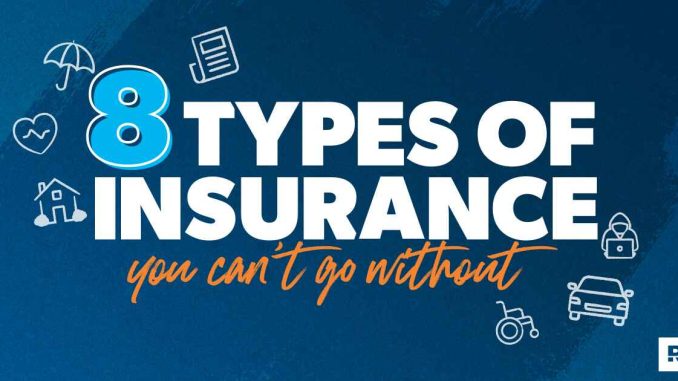
Insurance is one of those topics that’s both essential and overwhelming. From health and auto to pet and wedding insurance, it seems like there’s a policy for nearly every aspect of modern life. But with so many options available, you may find yourself wondering: Do I really need all these insurance policies?
The truth is, while insurance is designed to provide financial protection and peace of mind, not every policy is necessary for everyone. Let’s explore which types of insurance are essential, which are situational, and which might just be overkill.
The Must-Have Insurance Policies
1. Health Insurance
Health insurance is arguably the most important policy you can have. A single visit to the emergency room or a major surgery can lead to tens of thousands of dollars in medical bills. Even routine care can become expensive without insurance. Whether through your employer, a government program, or the marketplace, health coverage should be non-negotiable.
2. Auto Insurance
If you drive a vehicle, auto insurance isn’t just recommended—it’s legally required in most places. Basic liability insurance covers the damage you cause to others, while comprehensive and collision protect your own vehicle. Even if you’re a safe driver, accidents and natural disasters happen. This is a must.
3. Homeowners or Renters Insurance
If you own a home, homeowners insurance is often required by lenders and essential to protect your investment. For renters, a policy is much cheaper and can cover your belongings in case of theft, fire, or damage. It also provides liability protection if someone is injured in your home.
4. Life Insurance (if you have dependents)
Life insurance is critical if you have children, a spouse, or others who depend on your income. A term life policy is usually affordable and can ensure that your loved ones are financially protected if something happens to you.
The Nice-to-Have (Depending on Your Situation)
1. Disability Insurance
Your ability to earn income is one of your most valuable assets. Disability insurance helps replace your income if an illness or injury prevents you from working. This policy is especially important for self-employed individuals or those without access to employer-provided plans.
2. Long-Term Care Insurance
This policy covers the cost of care if you become unable to perform daily activities due to aging or chronic illness. It’s not for everyone, but for those with a family history of illness or few financial resources for care, it can be worthwhile.
3. Travel Insurance
Planning an expensive international trip? Travel insurance can cover cancellations, medical emergencies abroad, lost luggage, and more. If you’re a frequent traveler, this policy can be a smart investment. For short, inexpensive trips, it may not be worth the cost.
4. Pet Insurance
Veterinary care can be expensive, especially in emergencies or for chronic conditions. Pet insurance helps offset these costs. If you have a breed prone to health issues or want peace of mind, pet insurance might be a wise choice.
5. Identity Theft Insurance
With the rise in cybercrime, identity theft insurance has become more popular. It typically covers legal fees, lost wages, and the cost of restoring your credit. However, many credit card companies and financial institutions already offer some protection, so evaluate before buying.
The Probably-Don’t-Need List
1. Credit Card Insurance
This type of insurance covers your credit card payments if you lose your job or become disabled. However, the terms are often limited, and the fees can be high. You’re often better off building an emergency fund.
2. Extended Warranties
Stores love to upsell extended warranties for electronics and appliances. Most products already come with a manufacturer’s warranty, and the extra coverage often overlaps or goes unused. Consider skipping this unless you’re buying a high-risk item.
3. Wedding Insurance
Wedding insurance covers cancellations or issues with vendors. While it might bring peace of mind, it’s not necessary for everyone. If your event is low-budget or you’re confident in your vendors, it might not be worth the premium.
4. Flight Insurance
Often offered during the ticket booking process, this covers things like accidental death or trip cancellation. However, if you already have life insurance and travel insurance, it may be redundant.
How to Decide What You Need
The key to determining which insurance policies are worth it lies in asking these questions:
-
Can I afford the financial loss without insurance?
-
Is the risk significant or rare?
-
Do I already have coverage through another source?
-
What does peace of mind cost me?
In many cases, bundling your insurance or selecting higher deductibles can help lower costs. Always read the fine print, compare quotes, and don’t let fear push you into buying unnecessary coverage.
Final Thoughts
Insurance should be a safety net, not a burden. While some policies are essential, others depend heavily on your lifestyle, risk tolerance, and financial situation. By carefully evaluating your needs and avoiding over-insuring yourself, you can protect what matters most—without wasting money.
So next time you’re tempted by a new type of insurance, pause and ask: Do I really need this?